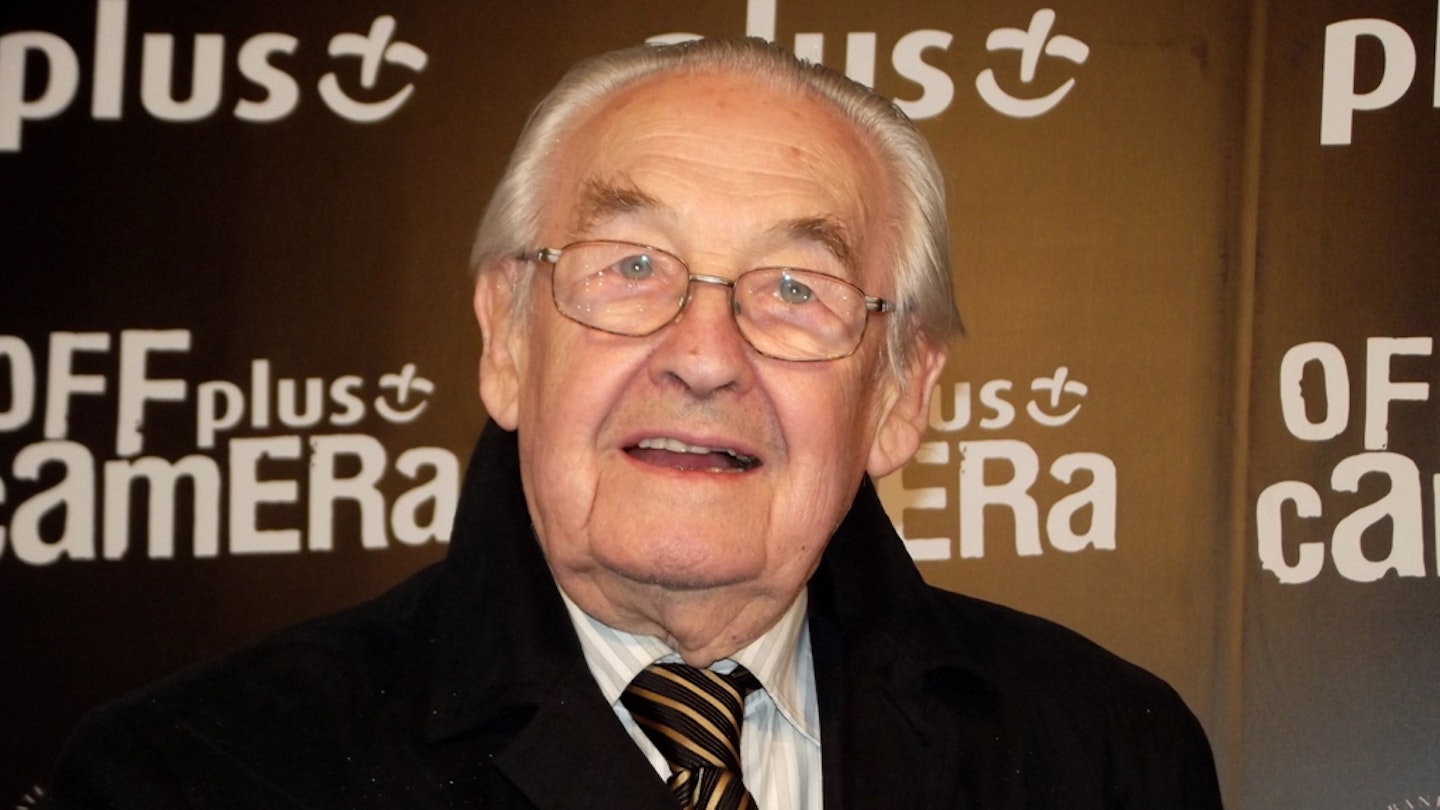Andrzej Wajda, the Oscar-winning Polish director behind Kanał, Katyń and Man Of Iron, has died at the age of 90.
A leading light in the influential Polish School of the 1950s, Wajda’s death was confirmed by the Polish Filmmakers’ Association. His latest film, this year’s Stalinist Afterimage, was selected as Poland’s Best Foreign Language Film nominee for next year’s Academy Awards.
Born in 1926 in the Polish town of Suwalki near the Lithuanian border, the young Wajda was fighting Nazis in his homeland’s guerrilla underground by the age of 16. Those experiences formed the basis of his masterful War trilogy: A Generation (1954), Kanał (1957) and, most famously of all, Ashes And Diamonds (1958). Set at different points during World War II and in its immediate aftermath, they were stylish, uncompromising and shot-through with cold defiance.
The latter, in which Zbigniew Cybulski’s shades-wearing Home Army hitman (below) hustles his way through the war’s dying embers, showed that he was fearless in the face of the Communists too. “After my first few films,” he remembered, “the reviewers began to say that I was a ‘symbol-orientated director’. Ever since then I have always been pursued by the white horse that appears in Ashes And Diamonds, the ineluctable sign of the Polishness of my films.”

That Polish identity mingled with other movie influences during his time at the Lodz Film School in the '50s. Alongside fellow film students Jerzy Skolimowski and Roman Polanski, Wajda would head to the school’s rectorate building to watch American and European films.
While his political subtext often brought scrutiny from his country's communist regime – 1981 Solidarity movement drama Man Of Iron, in particular – his 40-film career brought recognition around the world and a wealth of awards, including a 2000 honorary Oscar for his contribution to world cinema. “The good Lord gave the director two eyes,” he once noted, "one to look into the camera, the other to be alert to everything that is going on around him.”
